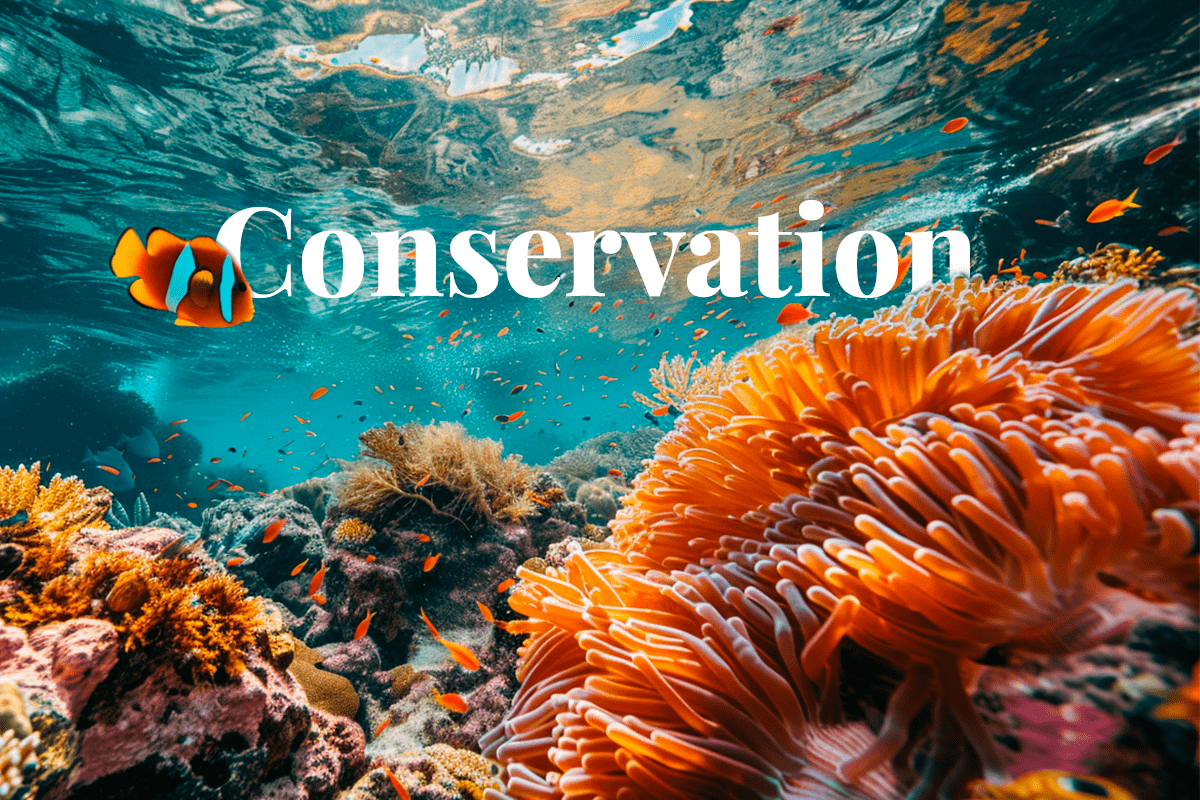A recent study has revealed that governments have been significantly underestimating the financial value of nature's ecosystem services by as much as 180%. Led by a University of Hamburg academic and published in Science, the research proposes a novel methodology for quantifying the benefits of nature conservation. This approach aims to make the impact of biodiversity loss more apparent in public policy.
 Underwater photography of the Great Barrier Reef in Australia. AI generated picture.
Underwater photography of the Great Barrier Reef in Australia. AI generated picture.
Historically, monetary values assigned to ecosystem services—like air purification and crop pollination—have been partial and insufficient. The study’s lead author, Moritz Drupp, emphasised that traditional valuation methods overlook the dynamic nature of ecosystem benefits over time. The new findings suggest that projects harmful to the environment may seem less appealing while conservation efforts gain attractiveness.
Incorporating the value of ecosystem services into policy-making is increasingly recognised as crucial. Governments worldwide are striving to integrate these values within the Global Biodiversity Framework and the UN Sustainable Development Goals. Drupp believes their methodology will bolster conservation efforts by highlighting their previously underestimated benefits.
Read more: 10 Vital ecosystem services: sustaining life on Earth
The study identifies two critical factors for governments: the rising monetary value of nature as human income grows and the impending scarcity of biodiversity. These factors suggest that the true cost of environmental degradation is much higher than current estimates. Notably, ecosystem services are likely to become more valuable as they become scarcer due to over-harvesting, changing climates, and habitat destruction.
The research also points out that the economic valuation of ecosystems must consider the increase in real income and the decreasing availability of natural resources. By accounting for these aspects, ecosystem services should be valued significantly higher—potentially up to 180% more when factoring in the conservation of threatened species.
Read more: Beyond boundaries: SBTi guides companies on external emissions reduction
Highlighting the case of coral reefs, the study illustrates how the scarcity of such ecosystems can amplify their value, especially as global incomes rise and biodiversity diminishes. This insight is pivotal for evaluating conservation projects with long-lasting benefits.
As the concept of valuing nature gains traction, with the US government recently issuing guidelines to aid public agencies in benefit-cost analyses, this study marks a crucial step toward recognising the true worth of preserving our natural world.
DGB Group makes nature restoration profitable by offering eco-friendly solutions to help you achieve environmental goals through high-quality carbon units. By using natural assets, you can significantly lower your environmental footprint. Our approach supports the worldwide move towards sustainability and biodiversity preservation, underlining the vital role of your company in fostering a more robust, healthier planet. Adopt DGB's solutions to reduce your emissions, restore ecosystems, and lead the way in environmental innovation and positive impact. Act now to place your business at the forefront of positive environmental change.
Discover tailor-made solutions for you and the planet



